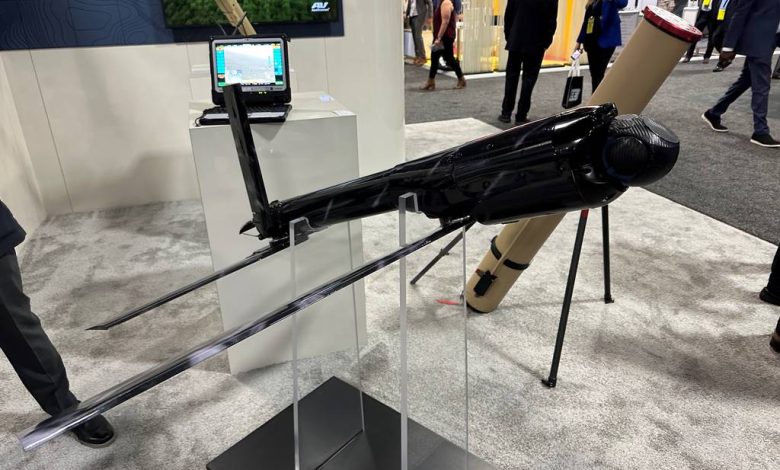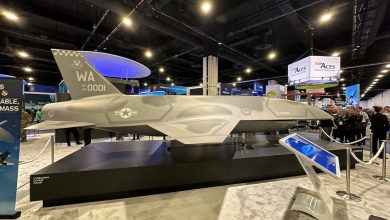Army to buy more than 1,000 Switchblade drones through Replicator

The U.S. Army will field more than 1,000 Switchblade 600 drones over the next year as part of Replicator — the Pentagon’s push to field thousands of uncrewed systems.
Gen. James Mingus, the Army’s vice chief of staff, revealed the quantity for the first time during a June 21 House Appropriations defense subcommittee hearing, hosted at the Defense Innovation Unit’s headquarters in Mountain View, Calif.
Built by AeroVironment, the Switchblade 600 loitering munition is one of a handful of systems the Defense Department plans to buy in the first tranche of the Replicator program and is the only one officials have identified by name. Others include an unspecified fleet of maritime drones procured through a DIU solicitation, a batch of uncrewed surface vehicles and a set of counter-drone systems.
The intent of Replicator, which Deputy Defense Secretary Kathleen Hicks announced last August, is twofold. In the near-term the Pentagon wants to field large numbers of attritable drones to counter China. But the larger goal is to develop an enduring process for buying technology to meet the department’s most urgent operational needs.
The Pentagon plans to spend a total of $1 billion on the effort in fiscal years 2024 and 2025 with funds drawn from various sources including prior year appropriations, a reprogramming request, a national security supplemental approved in August and the department’s yet-to-be approved FY-25 budget proposal.
Switchblade has featured heavily on battlefields in Russia, Syria and Iraq. The Army had already planned to buy the system through its Low Altitude Stalking and Strike Ordnance program, though in smaller quantities, before it was selected for Replicator. Last October, the service announced that it would procure 100 Switchblades to test and field within Army units.
“That was an innovation that we had worked collectively together, it’s a loitering munition, which we then included as part of Replicator Tranche One,” Mingus said during the hearing. “And we are now going to scale and scope that to over 1,000 over the next year or so.”
Hicks announced last month that the department started fielding Replicator systems to Indo-Pacific Command in early May. The Pentagon declined to say what systems had been fielded nor would it disclose quantities.
“This shows that warfighter-centric innovation is not only possible; it’s producing real results,” Hicks said in a statement. “Even as we deliver systems, our end-to-end capability development process continues.”
Courtney Albon is C4ISRNET’s space and emerging technology reporter. She has covered the U.S. military since 2012, with a focus on the Air Force and Space Force. She has reported on some of the Defense Department’s most significant acquisition, budget and policy challenges.







